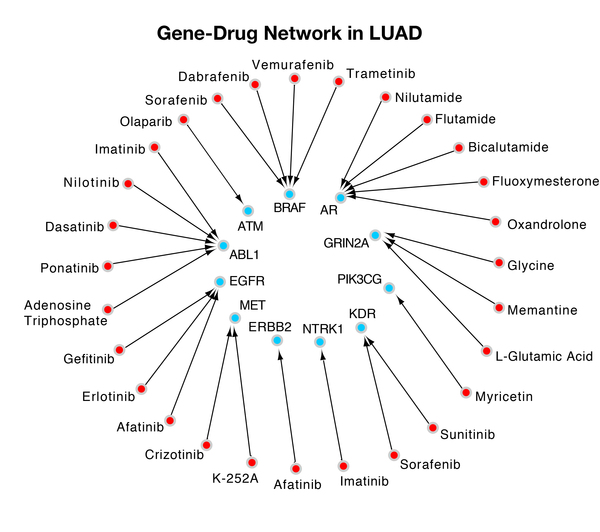DyGS: A Dynamic Gene Searching Algorithm for Cancer Detection
(1) Henry M. Gunn High School, Palo Alto, California (Current institution: Johns Hopkins University, Baltimore, Maryland), (2) Department of Urology, Stanford, California
https://doi.org/10.59720/17-103
Cancer is a lethal disease and ranks as the world’s second-most prevalent cause of death. So far, biopsy is the most common method conducted to determine the progression of tumors. However, this traditional technique is invasive and cannot be used repeatedly. On the other hand, liquid biopsies, also known as blood-sample tests, have become more and more promising. One critical step in liquid biopsy is to create an effective gene panel that covers the maximum number of cancer cases possible. The hypotheses of this study are that both common genes and genes that are mutated in specific cancer types will be present in the selected gene lists for the 12 cancer types, and some types may have longer lists than others. In this study, we developed a novel dynamic gene-searching algorithm called Dynamic Gene Search (DyGS) to create a gene panel for each of the 12 cancers with the highest annual incidence and death rate. This algorithm generated lists of genes for the 12 cancer types, ranging from 12 to 153 genes, with a median of 47 genes. Notably, many of the genes included in the panel can be targeted by various drugs. Therefore, the gene panels designed by the DyGS algorithm can be used as actionable drug targets for cancer treatment as well as biomarkers in liquid biopsy to help identify the early stages of cancer.
This article has been tagged with: